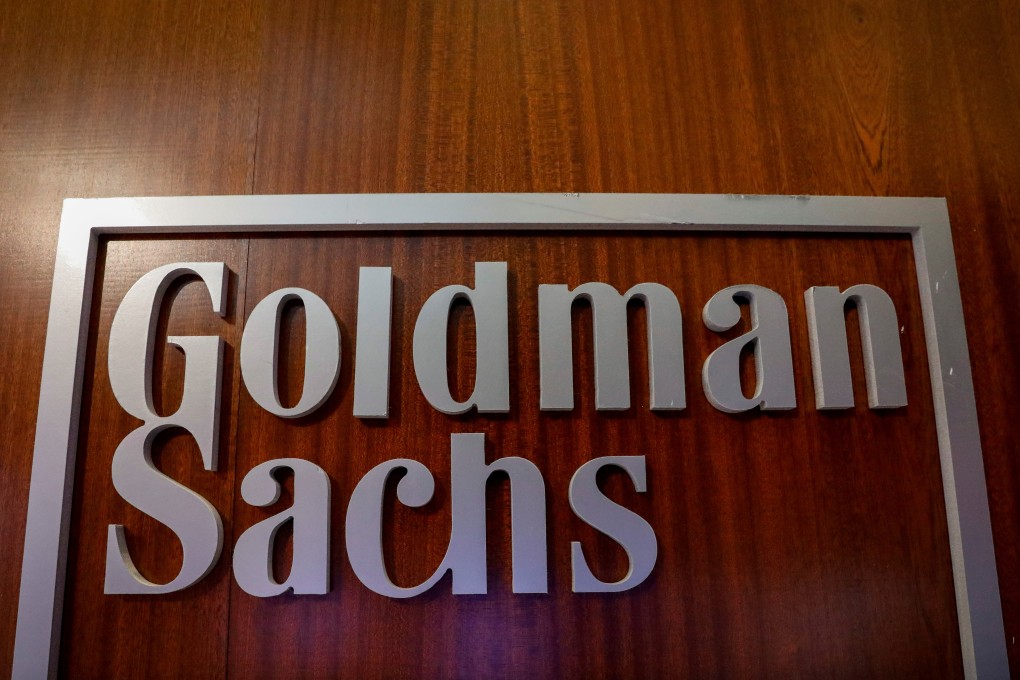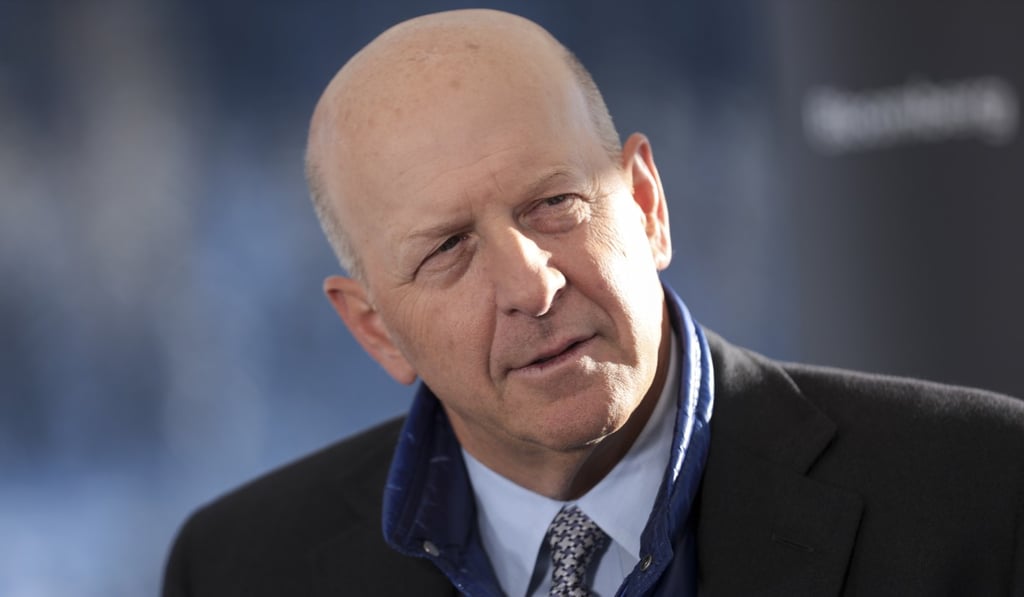Goldman Sachs plans to double workforce in mainland China within five years as US bank seeks control of brokerage venture
- Expansion would be contingent on Goldman eventually taking full control of its Chinese security brokerage joint venture
- News of planned expansion comes as US investment bank seeks to improve its profitability, stock performance

Goldman Sachs plans to double its workforce in China in the next five years, increasing its headcount on the mainland to as many as 600 people, according to a person familiar with the US investment bank’s hiring plan.
The expansion would be contingent on Goldman receiving majority control and eventually full ownership of its security brokerage joint venture on the mainland, as well as Beijing continuing to further open up its financial markets, said the person, who was not authorised to discuss the matter publicly.
Further escalation in the US-China trade war also could cloud the expansion, the person said. Goldman declined to comment when contacted by the Post. Bloomberg News earlier reported the potential headcount expansion yesterday.

Goldman applied to the China Securities Regulatory Commission (CSRC) last August to take majority control of its venture known as Goldman Sachs Gao Hua Securities, seeking to raise its stake to 51 per cent from 33 per cent. A decision by authorities is expected later this year, people familiar said.
The hiring push on the mainland is part of the US bank’s new five-year plan in which Chief Executive David Solomon is looking to improve its profitability and share price performance.

Earlier this month, the bank restructured its reporting segments as it seeks to give investors more clarity on how it generates revenue. The segments are investment banking, institutional client services, investment management and consumer and wealth management.